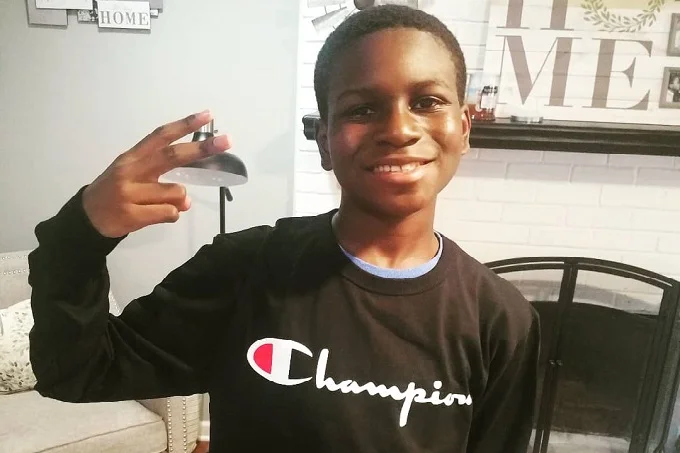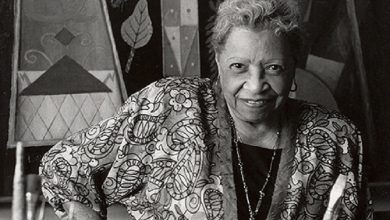Caleb (13) is the youngest student of aerospace engineering ever

American Caleb Anderson makes a special appearance at the Georgia Institute of Technology in Atlanta. At 13, he is the youngest student there ever.
Caleb began studying aerospace engineering at Georgia Tech this semester. Before that, he had been studying at Chattahoochee Technical College in Marietta for a year, but his parents preferred a university that suited the boy better.
Anderson learns quickly. When he was nine months old, he was able to express himself using sign language. By his first birthday, he could read, and by the age of two, his parents said he could understand fractions.
At the age of 3, a test showed that the boy was exceptionally gifted. “Here (to Georgia Tech, ed.) I am challenged,” Caleb told CBS. “I think I’m pretty average here. The thing that connects everyone here is that it’s terribly difficult.”
The course normally lasts five years, but Caleb may complete the training more quickly. He would eventually like to work for SpaceX or start his own company. “I’m not very smart,” said the boy. “I just pick up information faster. And if I learn faster, I’m ahead of the game sooner.”
Not the youngest ever
Incidentally, Caleb is not the youngest university student ever. That honor belonged to American Michael Kearney, who received his bachelor’s degree in anthropology at the age of 10. When he was eighteen, he added a master’s degree in computer science. Kearney made it into the Guinness Book of Records.
This year, the 11-year-old Flemish-Dutch genius Laurent Simons obtained his bachelor’s degree in physics at the University of Antwerp. He concluded it summa cum laude, so with an average of about 9. Although the study normally takes three years, Simons completed it in one year.
What is exceptionally gifted?
Exceptionally gifted people have an IQ above 145, a strong observational ability and an enormous urge to gain new knowledge. They see patterns in a larger whole and can then use them in a different context. That usually makes them real inventors.
It is often a huge challenge for this group of gifted people to fit into existing systems, such as education and business. For example, they skip classes and then go their separate ways. Because less than 1 percent of the population falls into this category, finding people in similar situations is often difficult.




